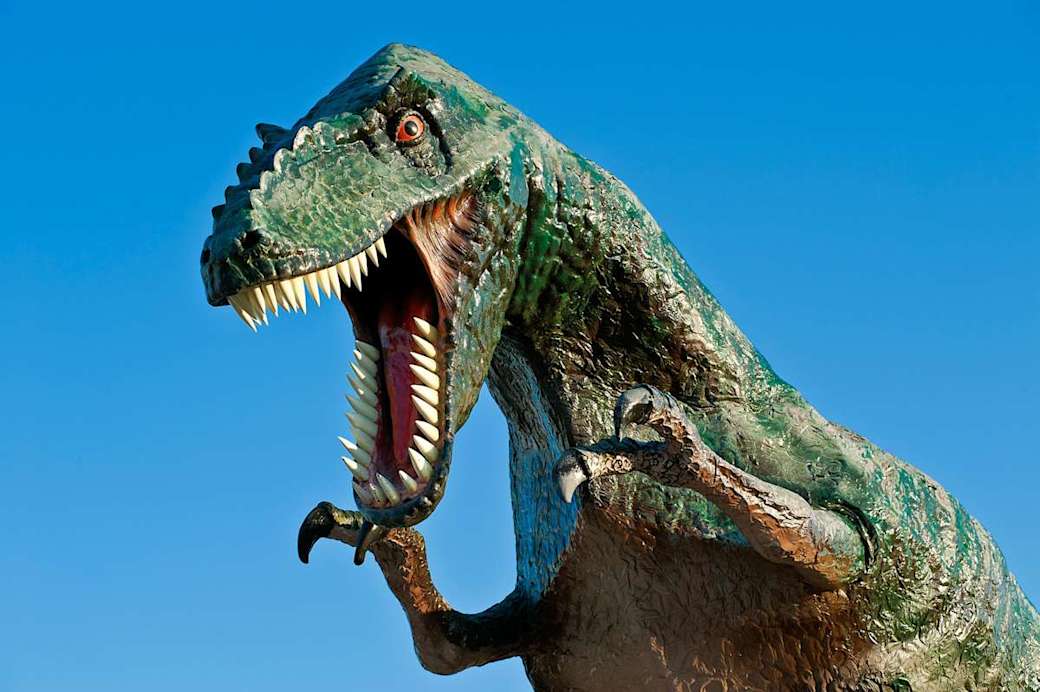
Scientists Uncover Dinosaur Link to Future Cancer Treatments
Recent scientific discoveries have revealed that dinosaurs, much like modern vertebrates, suffered from cancers, including osteosarcoma—a type of bone cancer. This finding not only deepens our understanding of prehistoric life but also offers potential insights into cancer’s evolutionary origins and its persistence across millions of years.
Dinosaur Cancer Discovery
In 2020, researchers identified osteosarcoma in the fibula of a Centrosaurus apertus, a horned herbivorous dinosaur that lived approximately 76 to 77 million years ago. The diagnosis was made using advanced medical imaging techniques, including CT scans and 3D reconstructions, which revealed chaotic bone growth characteristic of this aggressive cancer . This case marks the first confirmed instance of malignant bone cancer in a dinosaur.
Implications for Cancer Research
The discovery of osteosarcoma in dinosaurs suggests that such cancers have ancient evolutionary roots, potentially originating over 300 million years ago, before the divergence of mammal and reptile lineages . This insight could inform current cancer research by highlighting conserved genetic pathways and mechanisms underlying tumor development.
Broader Paleopathological Findings
Beyond osteosarcoma, other studies have identified various tumors in dinosaur fossils. For instance, analyses of Gilmoreosaurus specimens revealed tumors such as hemangiomas and osteoblastomas . These findings indicate that cancer was not an anomaly but a recurring aspect of dinosaur biology, influenced by factors like rapid growth rates and environmental exposures.
Conclusion
The study of ancient diseases in dinosaurs enriches our comprehension of their biology and evolution. By examining these prehistoric afflictions, scientists can uncover parallels with modern diseases, potentially leading to advancements in medical research and treatment strategies.
